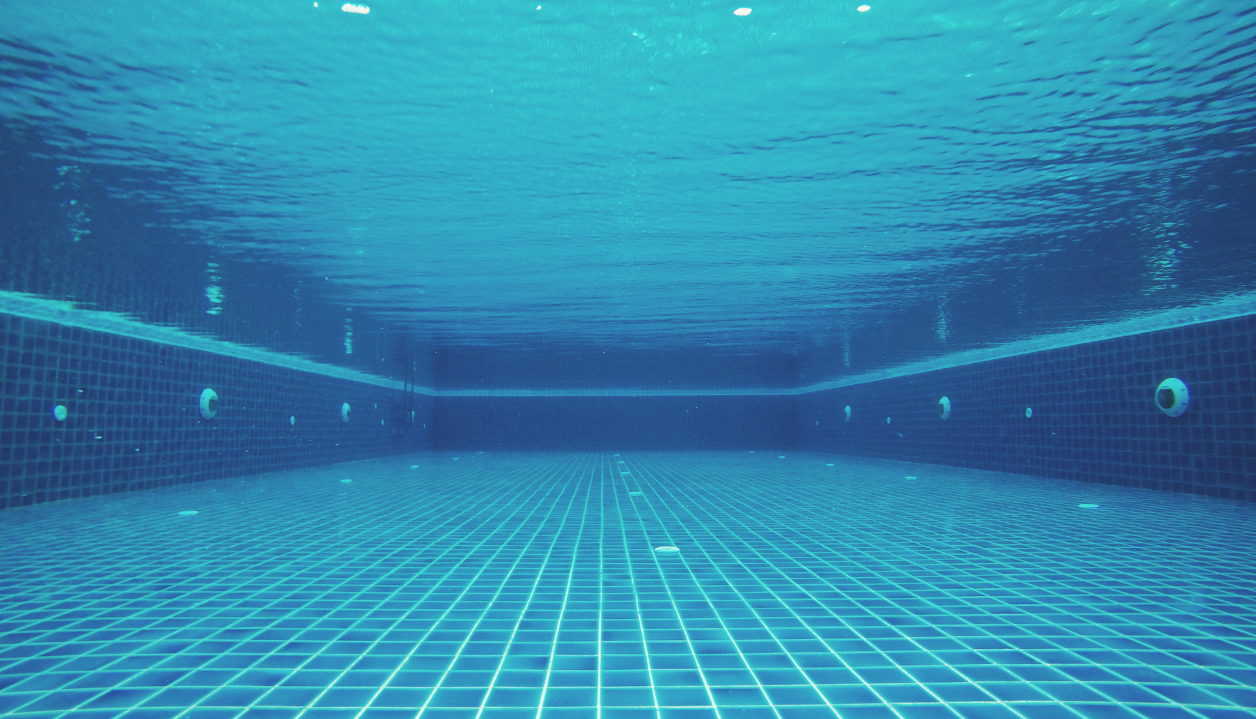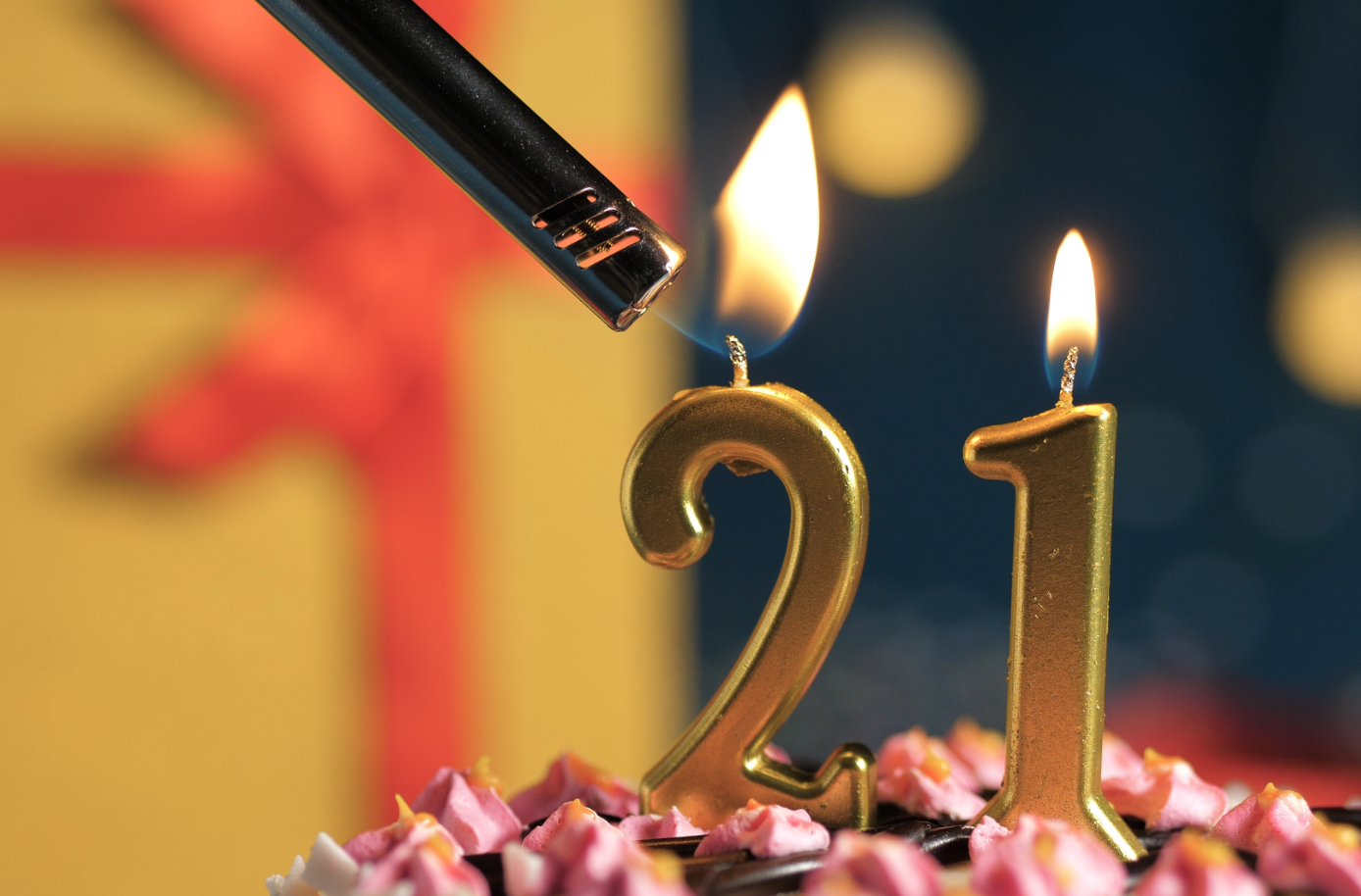During the coronavirus crisis, there are plenty of smart professionals at VUB. But working at VUB is now mainly working for VUB but from home. What’s the reality of the switch from workplace to homeworking? How do we deal with the blurring of boundaries between work and life?
Recognise these situations? We asked our VUB colleagues how they are getting on with the new reality of homeworking. With an eye on best practice, they shared their surprising tips and tricks. Click here to find all their stories.
Kristine De Martelaer
Kristine is 53 and has been a familiar face at VUB for years. To begin with she worked as a swimming and first aid assistant and a youth sport research assistant in the faculty of Physical Training and Physiotherapy. In 2001 she became a full-time professor. She lives in Lochristi and has three adult daughters: Joke (26), Bieke (23) and Lotte (21). The oldest lives in Gentbrugge and works as a nurse at UZ Gent; the two younger sisters live together in Ghent.
Her homeworking base? For her real work, Kristine has a fixed spot on a raised platform in the living room. To cool down from time to time, she dives into the cold water of the mini swimming pool in her garden, and for core stability and flexibility exercises she has a yoga mat that she sometimes uses inside, sometimes outside.
Like a fish out of water
From the beginning, Kristine was heavily involved in the faculty’s and VUB’s education policy. Her expertise, in the department of Movement and Sports Science and the research group MOVE, was based on didactics, basic motor skills and testing, teachers’ competences and ethics. She also runs VUB’s SwiMove swimming school. It’s a living lab where more than 200 children safely learn to swim each week. But if you’re used to working at a swimming pool, it’s difficult when it has to close suddenly.
Continue the story below the picture.
Kristine: “I miss the water most of all. In normal circumstances, you see children and teachers evolving in the water; each week there is a process of improvement. And with my colleagues I often do a few laps during the lunchbreak or after work. We can’t do that anymore.
“In the first week of enforced homeworking, I thought to myself ‘What will this turn into?’ Within the faculty we had already looked at educational innovation and distance learning, but in practice you can’t apply that to everything. It’s not possible. We were then overwhelmed with questions from practical assistants about the best way to approach it. The following week, my colleagues in gymnastics, athletics, swimming, group fitness, dancing etc came up with their own creative solutions. Last Friday I watched online how practical assistants gave feedback to a group of second-year students in a micro-teaching video assignment. Within Canvas – two days before the crisis I had further training in this – I discovered the Big Blue Button tool.”
When I feel the need to cool off, and to feel fully recharged, I jump into the cold water.
"I tried it out with a pair of first-year students. For them it was a challenge to work with their professor to find the best way to give online presentations and a quiz. One of my PhD colleagues is currently working on a review of instructions for CPR, ranging from contact education to distance learning and all the variations in between, like flipped classroom and blended learning. It doesn’t get more topical than that.”
Frog drills and polar bears
How does Kristine turn today’s restrictions into an energy boost?
“I’m now spending more time working on my ‘frog drills’: how can you teach people to swim on dry land? We’re collecting video material and can now use our imagination to develop alternatives, not only for our students but also to communicate to the children at the swimming school and their parents.
“At home too, water is the thing I miss the most. I normally swim three times a week; now I can’t. At the end of 2019, a colleague challenged me to try polar swimming for charity. Since then, I find it gives me an energy boost from time to time. Six weeks ago I learned how schools in Norway teach children to dive into ice-cold water, to prevent drowning. They learn how to manage the shock of landing in icy water, especially in terms of how to breathe. Little did I know that, because of the circumstances, I would today be enjoying swimming in cold water in a 4m pool in my own garden.”
To make up for the lack of movement, I make myself do stretching exercises at my computer.
Business meetings on the mat
Meetings are now taking place online, which you can turn into a positive.
“To make up for the lack of movement, I make myself do stretching exercises at my computer. And I also make time for yoga on my mat. We recently had our faculty council meeting with 20 or so people online. It lasted two hours. We agreed that anyone who wasn’t speaking would switch off their camera and speaker until it was their turn to talk. The advantage? I had my mat to hand and could maintain a neutral relaxation pose, while I concentrated on listening and didn’t disturb the meeting. In a real meeting, you can’t do that.”
Worrying about the family
Everyone is worried about their family. For Kristine, homeworking with children isn’t the issue, rather that she misses her daughters and sometimes worries about them.
Kristine: “Joke is a nurse at UZ Gent. A few days ago she was transferred to the Covid-19 department. I knew it was coming, and for her it’s a challenge, but it brings it all closer to home. My sister is also a nurse. Maybe the stories she tells me on the phone and the images I see on TV make me more worried than I normally would be by nature.
“Bieke and Lotte live together in a student house. While I knew that Lotte and Joke had partners, I didn’t know that about Bieke. You’re Skyping someone and hear a voice in the background that you don’t know, and you suddenly realise that she too has found love.
Continue the story below the picture.
“Lotte turned 21 on Saturday. Normally we’d celebrate together, but now we can’t do that. So I delivered a pinata, a box filled with sweets, to her house. Because I had to miss the actual moment, she sent me a film in which she was blindfolded and hitting the box. Normally that film wouldn’t have been made. Now I’ve watched it many times and it brings me double the joy."
“My dad is 86 and lives alone in a secluded street in the countryside. He likes it that now and then I bring fresh food to his door and we can catch up for a while. His roof has suffered storm damage, and with the coronavirus measures I’m worried about the follow-up to that."
“My partner and I have discovered a lovely piece of nature right across from our house: a reclaimed area of sand that will eventually be turned into a recreational area. Now that we have no choice but to stay near home for our daily activities, we saw a surprising sunset, yes, on the water.”
Take enough breaks, and don’t feel guilty about it.
Kristine's tips
- Limit your sedentary behaviour and seek out the sunlight
“In normal circumstances, you’re often unconsciously moving during your routine: commuting, teaching in different buildings, your lunch break… That’s now gone. Go outside, move, take enough breaks and don’t feel guilty about it. I do yoga, walking, cycling and dance moves. These built-in moments of movement give structure to your day.”
- Pay attention to body language in online meetings
“In normal meetings you have a better view of body language and expressions. You can tell more quickly when someone wants to speak, you can see the group dynamic and notice particular emotions. But if you pay attention and the cameras are on, you can also see that on screen. Use that and respond to it.”
- Use this situation for an upgrade
“Now that we all have to record our lessons, it’s our chance to deliver more and better digital material than before. Maybe we’ll learn to organise our classes more efficiently. Why always have lectures in full auditoriums? Maybe it could also be done by video and with online groups. The non-believers are going to discover the advantages of digital learning.”
Kristine’s reflections
“What we will learn to value most, once this is all over, is the social and physical company of colleagues.”
-
JOIN IN the VUB research. The research group TOR at Vrije Universiteit Brussel and the research bureau hbits are investigating the social consequences of the coronavirus crisis. We’re working in a different way, schools and most shops are closed and public life has ground to a halt. What are the consequences of this for your daily life? Take part in the research and tell us how your daily life has changed via www.dagelijksleven.eu
Read also the article of professor Ignace Glorieux: Life in a time with no fixed times.

